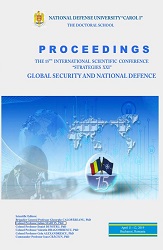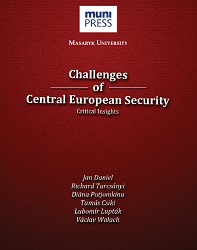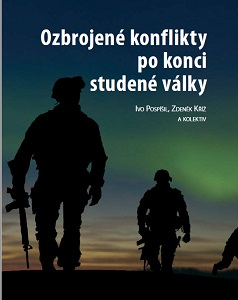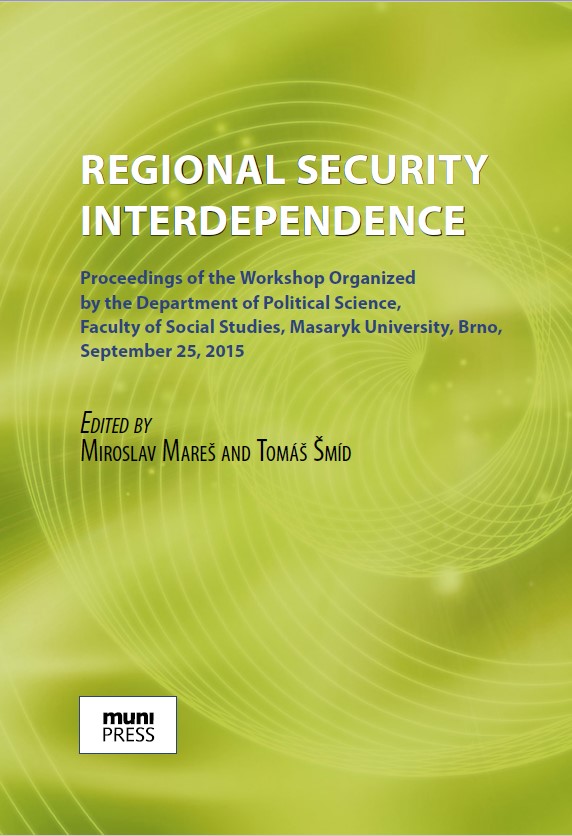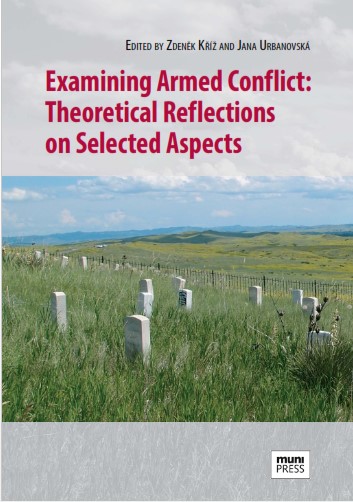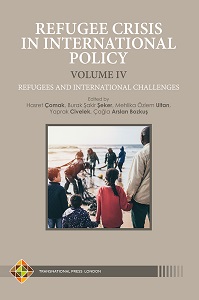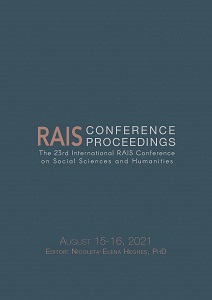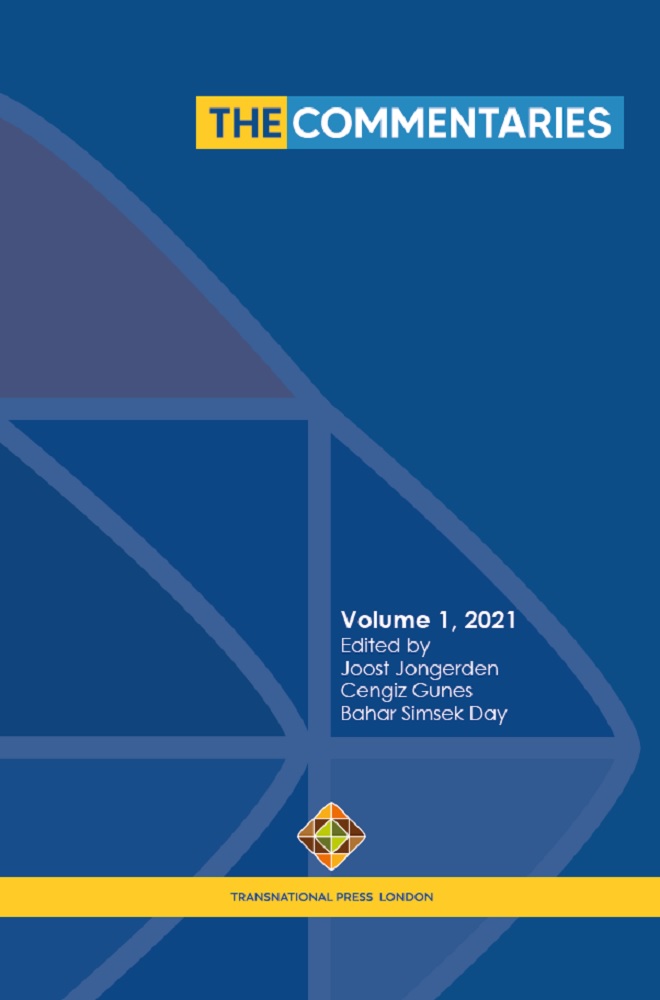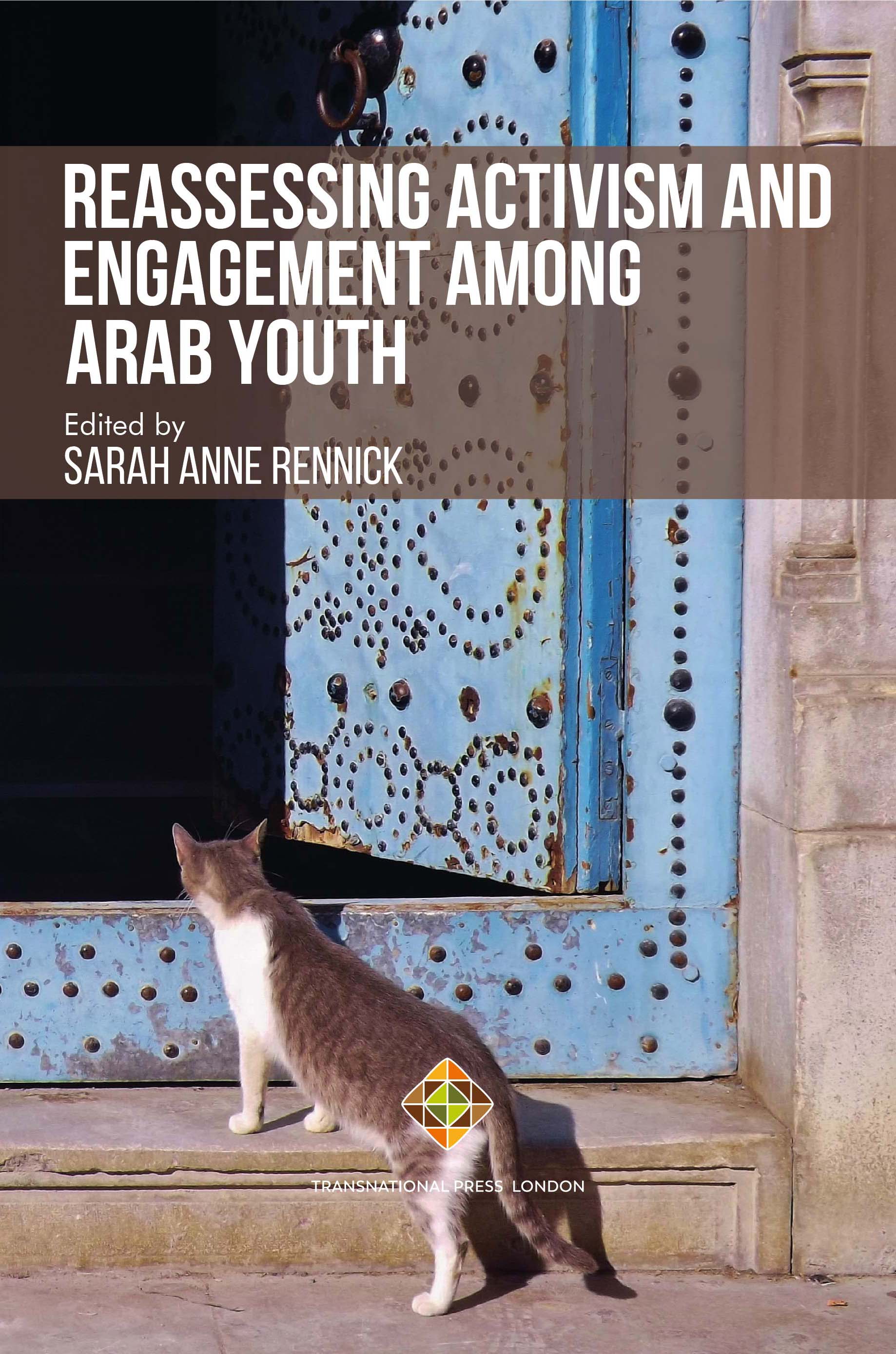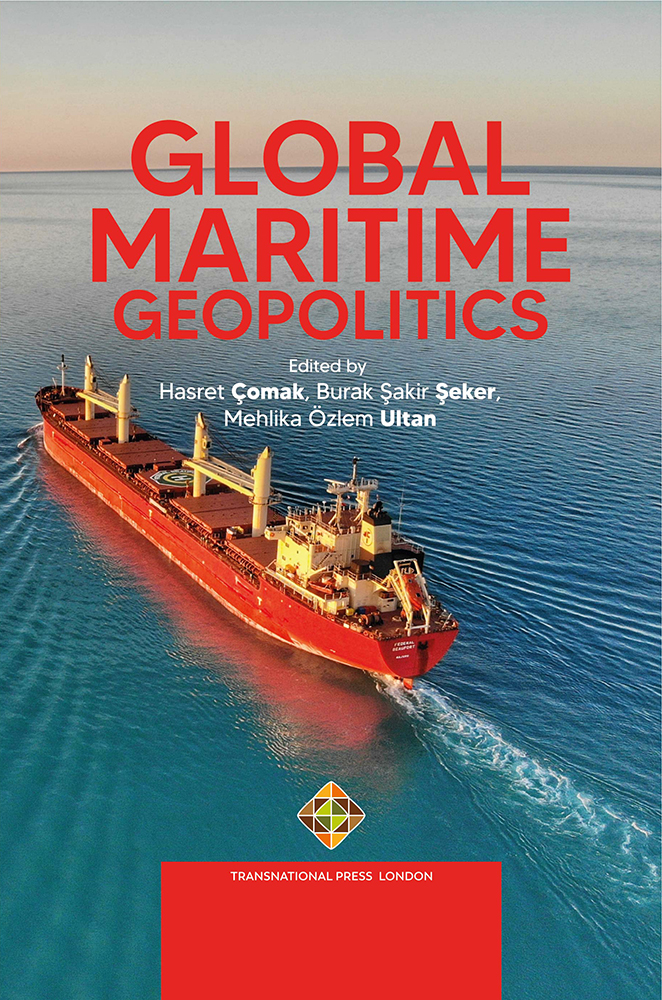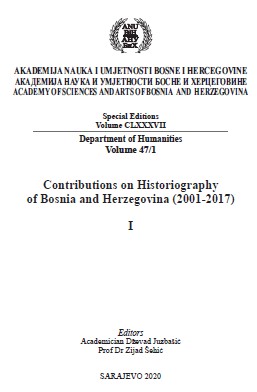Author(s): František Šistek / Language(s): Bosnian,Croatian,Serbian
Publication Year: 0
Analysis of the representations and reinterpretations of the Sarajevo assassination amid the centenary of the First World War revealed a diverse range of different, sometimes directly opposed, opinions that coexist in contemporary Czech public discourse. We can designate a large part of them, especially in the internet discourse and in the media, for the selective bricolage of historical facts, narratives, misconceptions and prejudices. Different memories of the Sarajevo assassination, its key participants and witnesses reflect the significant ideological plurality of present-day Czech society, as well as the selective interpretation and instrumentalization of modern history in favour of achieving contemporary goals in various spheres (domestic and international politics, tourism, etc.). Many of the interpretations and ideological conflicts we reconstructed on the basis of Czech materials certainly sound familiar to anyone familiar with similar discourses and debates on the Sarajevo assassination which are periodically led in other countries of Central and Southeastern Europe, such as Bosnia and Herzegovina, Serbia, Croatia or Austria. In the widespread laymen understanding that we can often encounter, especially in the former Yugoslavia, many of the conceptualizations that occur more frequently with regard to interpretations of the Sarajevo assassination are often understood practically as collective and almost predictable attitudes of particular nations. In the “Serb” discourse, Princip’s actions are usually celebrated, endorsed and justified, while in the “Bosniak” and “Croat” (but also “Austrian”) discourse, the assassination is problematized or completely renounced as the act of a nationalistic terrorist. Examples of Czech representations and reinterpretations have shown that, despite the occasional “national colouring”, these are in fact transnational discourses. Their Czech variations obviously owe their origin to specific ideological and political beliefs typical of many other Czech debates about modern history, such as “pro-Western” or “pro-Russian” orientation, “cosmopolitanism” or “Slavdom and nationalism”. In some cases, they obviously draw from discursive arsenals from the deeper past (monarchism, pro-Habsburg loyalism, anti-Habsburg ideology of interwar Czechoslovakia, Pan-Slavism, etc.) or other areas (influence of South Slavic, especially Serbian nationalist interpretations).
More...
